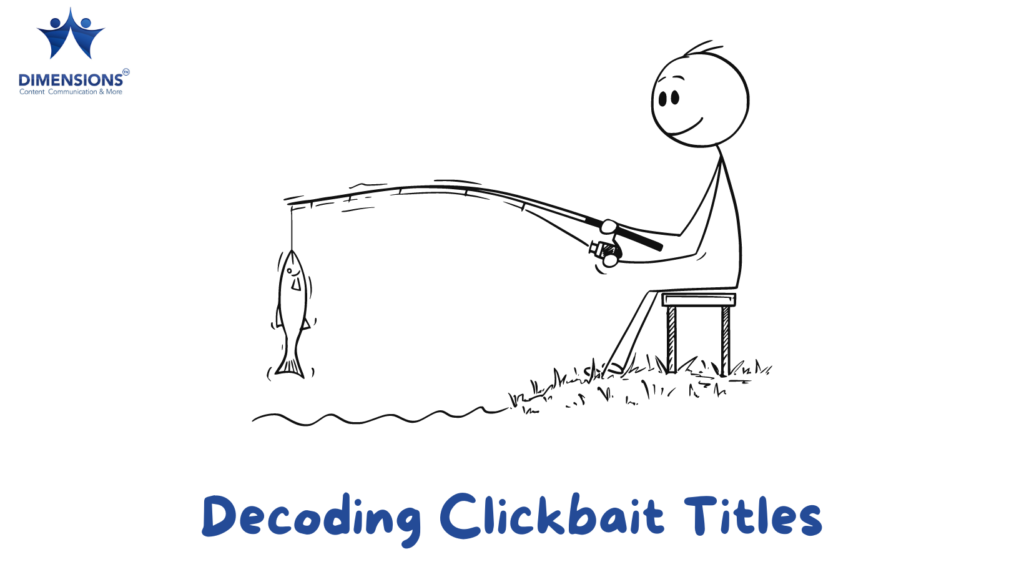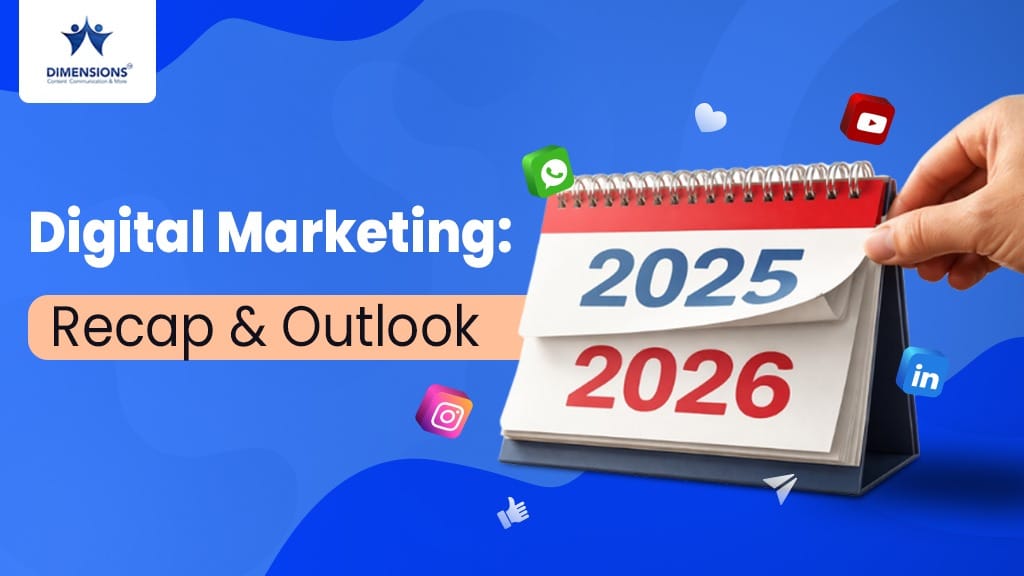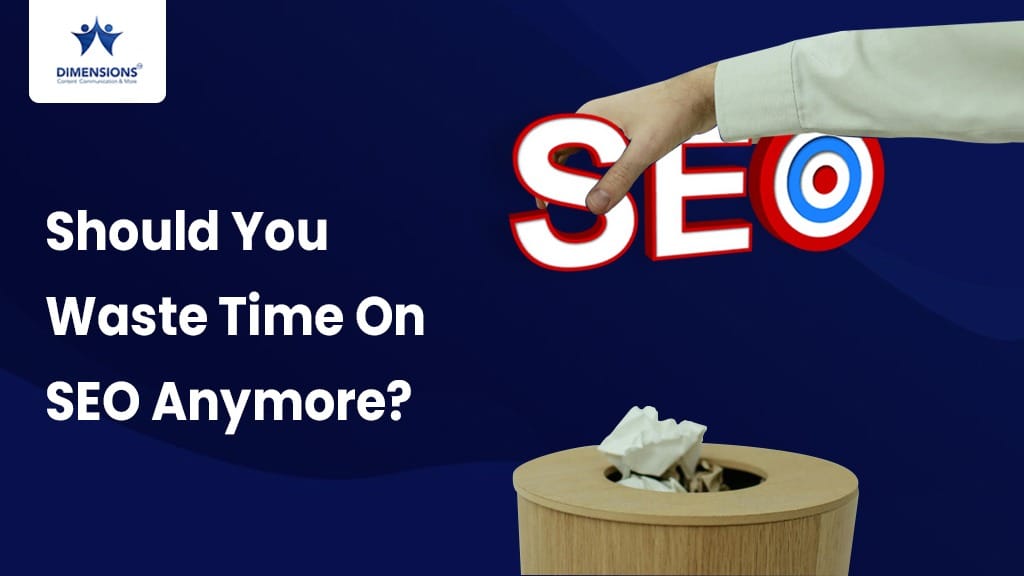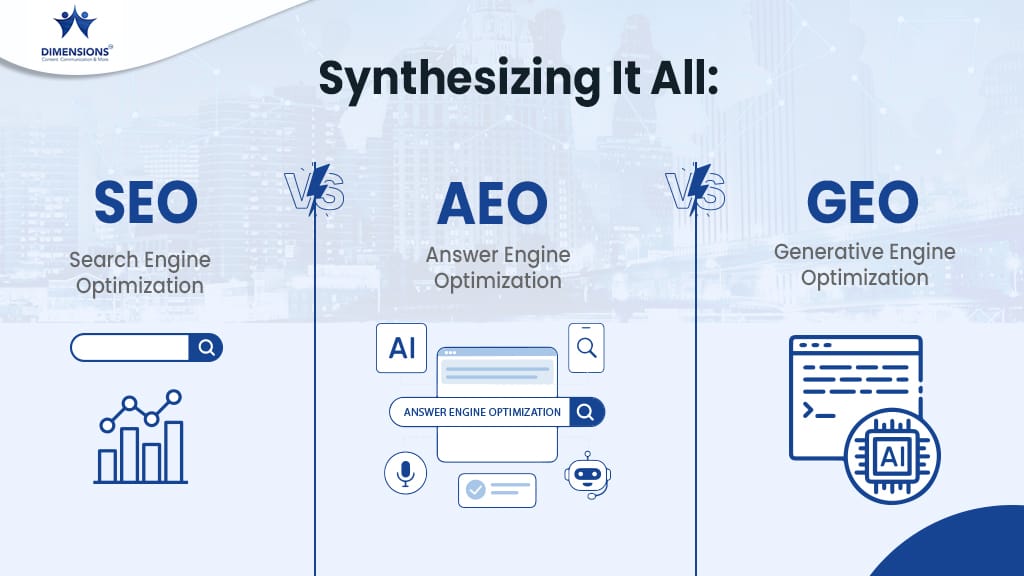
Humans have the tendency to go towards controversy, towards dramatisation, towards encouraging our never-ending curiosity. That’s why every piece of news is BREAKING NEWS today. That’s why we read less about the actual performance of a sportsperson and more about his love affairs…
Now you can complain about these tendencies.. Or you can leverage them to attract more readers to your website and to get more engagement on your Twitter post. And one way to do this is to make your articles clickbait. Of course, there can be a separate discussion on the moral aspect of clickbait titles, but we have work to do; we have our plates to fill. And that can happen only when readers click on our blog posts, read them and take action by buying our products or services.
Decoding Clickbait Titles
A clickbait title might look ordinary on a cursory observation. In reality, however, such titles subtly trigger different aspects of human psychology. Let’s reveal the basic skeleton of clickbait titles and see what they are made of.
Clickbait Headlines Appeal to the Cardinal Sins of Humans
Every clickbait headline will appeal to one or the other ‘cardinal sins’ inherent in human beings – pride, greed, lust, envy, gluttony, wrath, and sloth. You pick up any such headline, and you’ll see that it invariably appeals to one of the cardinal sins.
How Clickbait Headlines Leverage Cardinal Sins (Examples)
As humans, we all love ourselves. We are all greedy about something or the other. We get angry and envious. There are a lot of foodies among our friends and families. And, of course, we all are sexual beings. Clickbait headlines have to appeal to one of these human aspects. It’s a basic criterion.
Here are some examples:
“One In a Million Opportunity to Buy These 15 Stocks while They Are Down 50%.”
We saw this on Medium. Anyone who is into the stock market will invariably click on this title. As you can guess, it appeals to the greed of getting rich quickly. On secondary observation, it also appeals to our laziness as well!
Here’s another one:
“TikTok is Slowly Destroying a New Generation”
This title appeals to our sense of hatred. Many people hate Tiktok for being the first app to popularise short videos, which encourages short attention spans and makes the viewer lazy and unproductive. The title leverages this hatred against TikTok.
Such Titles Use Carefully Selected Power Words
Have you ever observed the titles that Buzzfeed uses for its articles? You will see some repeat usage of power words or trigger words. For example, there are many Buzzfeed articles titled “## Books To Read Before You Die”. The phrase “before you die” works as a shock element. Then there are phrases like “blow your mind”, “## reasons why”, etc.
Here are some examples:
“Yes, It’s Happening! The Office Season 10 Returns With 24 Episodes”
Taken from a website named ‘Dekoding,’ this title uses the phrase “Yes, it’s happening”. This is a psychological way of making potential readers excited about the news. This increases the click-through rate.
Here’s a second example,
“People are stunned to learn the average salary of an Uber driver.”
Power words and power phrases like ‘stunned’, ‘you won’t believe etc. have the power to compel a potential reader to click on the link. This is especially powerful because it mixes shock elements with the aspect of human curiosity. Using such titles is a sure-shot way of increasing CTR.
Clickbait Titles Often Take Advantage of Controversies
Controversy is a nice little hack to get more eyeballs on your blog or social media post. Here’s what we want you to do. Go to LinkedIn and say something bad about Elon Musk or Jeff Bezos. There will be hundreds of people ready to prove you wrong! Those poor people batting for Musk or Bezos won’t even know that you are using them to gain more engagement. The same psychology can be leveraged while coming up with the heading of your article.
Here’s one example,
“Jackie Chan spoke out publicly to reveal the ‘truth’ about Bruce Lee’s cause of death.”
Ladbible recently used this headline for an article. However, in the article, Jackie Chan actually does not reveal any new information. He just tells what’s already known and in the public domain.
These Titles Often Start with Numbers (Listicle)
Tell us honestly, don’t you click on those articles that have the titles like “X reasons why” or “X things to do before…”? It’s a psychological trick to let you know that the article will be divided into x number of sections. Buzzfeed and ScoopWhoop are crowded with such titles.
Here are some examples,
“7 Running Shoes Under 2000 For A Comfortable Run.”
Taken from ScoopWhoop, this kind of title is extremely valuable. On the one hand, these clickbait headlines attract readers, and on the other, these kinds of articles often carry affiliate links that help the publisher earn money if someone clicks on those links.
Here’s another one from ScoopWhoop-
“7 Sunglasses For Small Faces That You Can Buy Online.”
The moment you read 7 sunglasses, you realise that the article won’t be a long monolithic one – it will be divided into 7 sections or lists. And lists are easy to read. So most readers would be comfortable clicking on them.
Clickbait Headlines Often Use “I” or “You”
The more relatable, the more intimate an article appears to be, and the more likely it is going to be read. We are humans, and we love human-to-human connection.
Here’s an example from Medium-
“Lessons From My Career Switch: One Year Later”
This title has so many advantages. The usage of ‘my’ gives it a personal touch. Secondly, the way the title is written, readers expect that they will find a personal story if they click on the title. And humans love to listen to the experiences and stories happening in another fellow human’s life. That’s why we, the content marketers, give so much importance to storification.
These Titles Sometimes Stand On the Shoulder of Other Trends or Celebrities
A rather lazy way of coming up with a clickbait title is to stand on the shoulder of an already-trending topic or to leverage the popularity of a celebrity.
Here’s an example from ScoopWhoop-
“Bigg Boss Is Basically Every Desi Dad Ever. Here’s Proof”
Bigg Boss is a top-rated reality TV show in India. This clickbait title stands on the shoulders of its popularity.
Here’s another one:
“Elon Musk’s 10 Secrets To Success – Forbes”
Most people love Elon Musk and his quirky attitude. There are thousands of loyal fans of Musk all over the world. Any title that piggybacks on the popularity of Elon Musk will obviously get some benefit.
Eliciting Curiosity With “This”, “What” and “Here’s Why”
Lastly, eliciting curiosity by not displaying full information is another classic way of writing a clickbait headline. However, your topic needs to be something that is trending or about somebody who is popular. Nobody is curious about unimportant things.
Here’s an example:
“This Is Why Ajay Devgn’s Cameo In Ranveer Singh’s Simmba Wasn’t Kept A Secret”
Taken from NDTV, this is a perfect example of a clickbait title that elicits curiosity. On the one hand, it talks about Ajay Devgn, a popular movie star in India, and on the other, it talks about an upcoming movie. Yet, the title does not give the full picture.
Clickbait titles can be nice little tool to gain more engagement. You can stay within the limits of ethics if you don’t take it too far. Keep the title in line with the topic. And please don’t leverage hatred, racism or patriarchy while coming up with such titles… That’s it.





